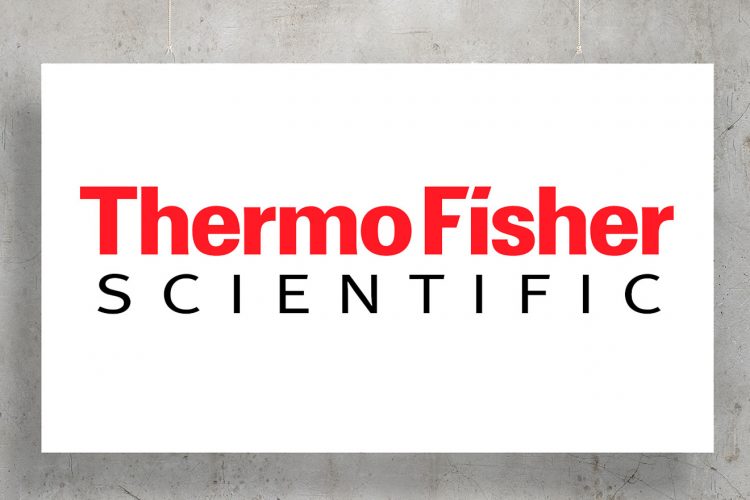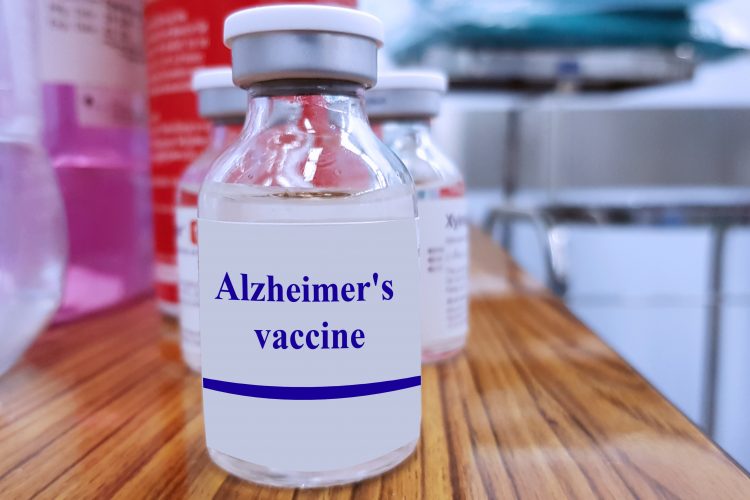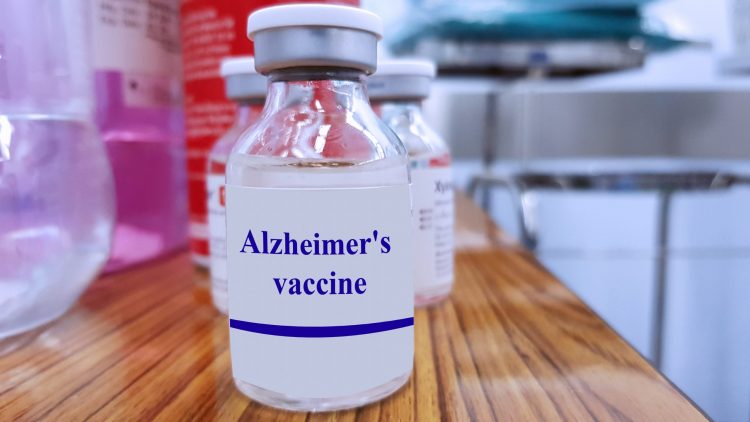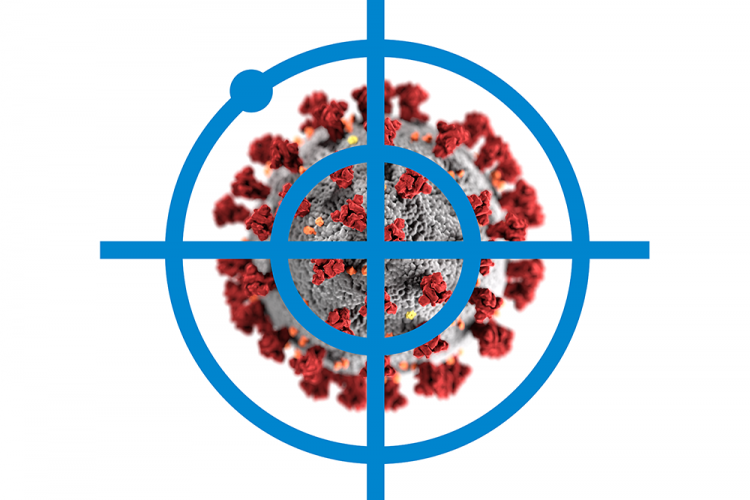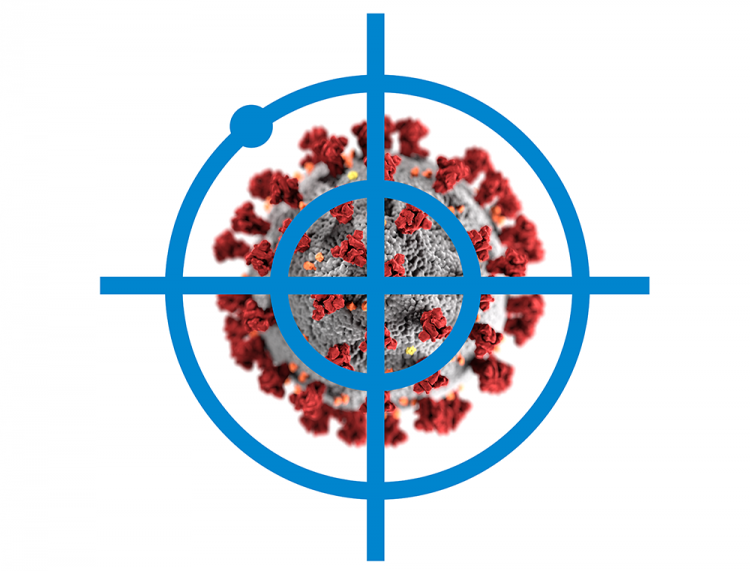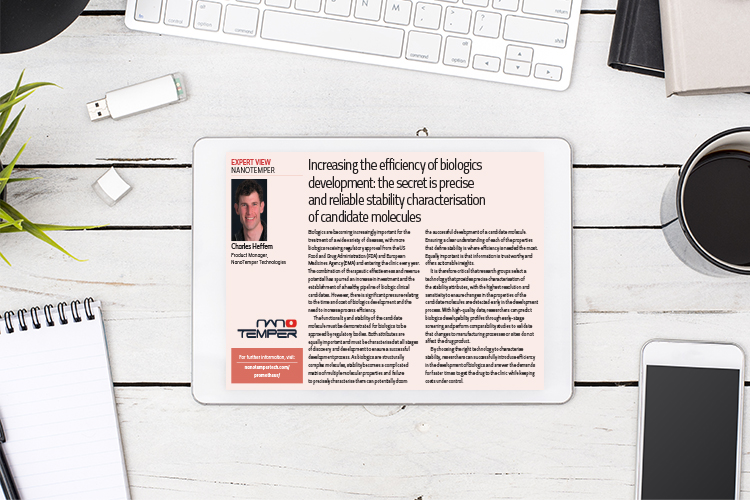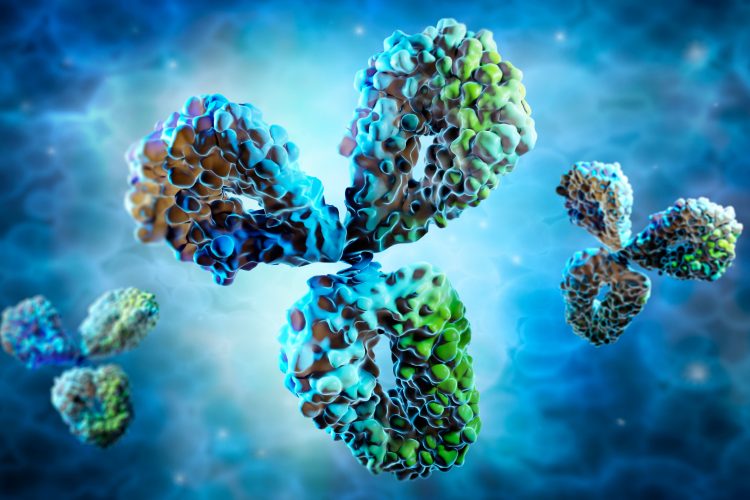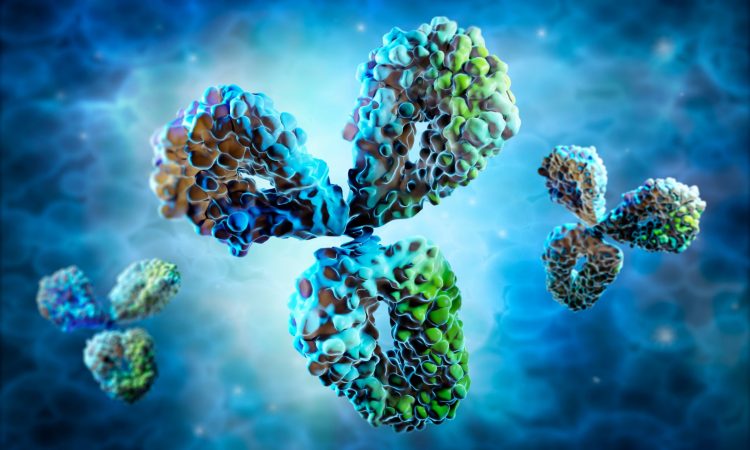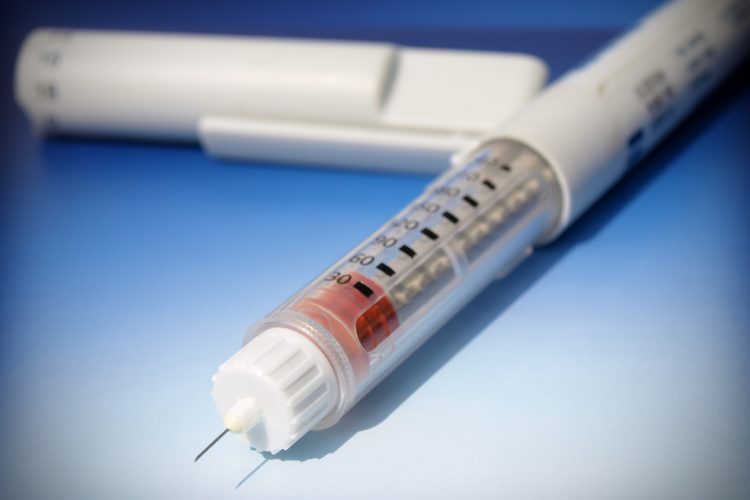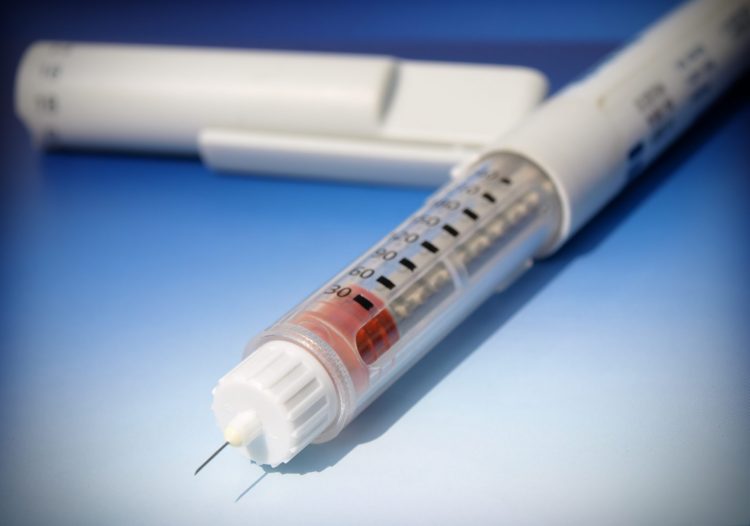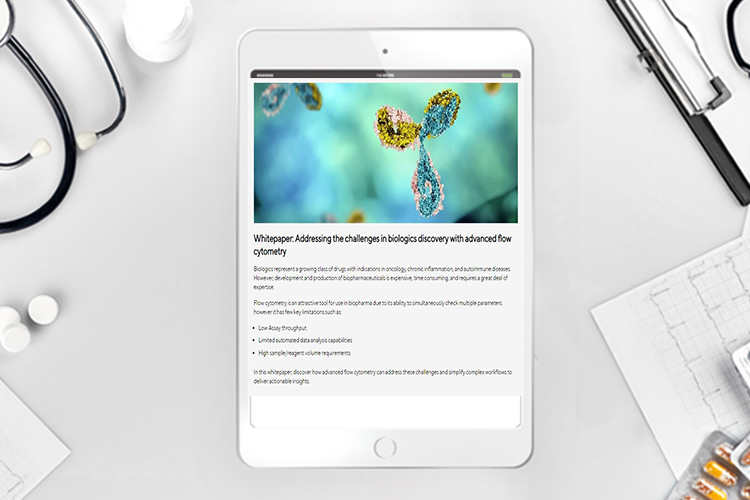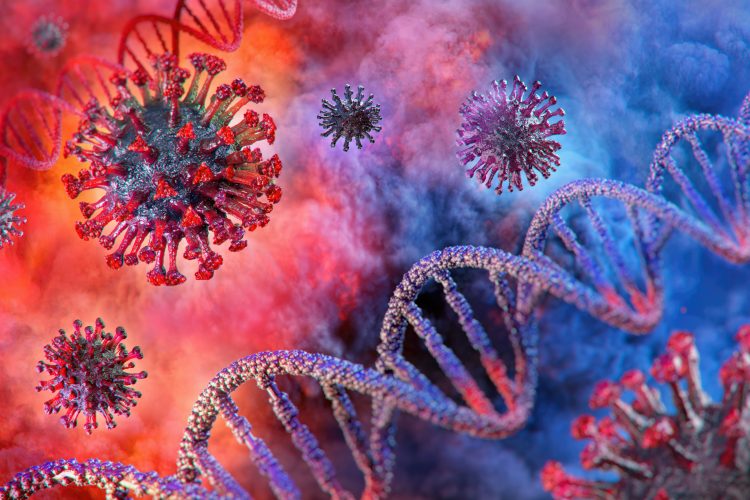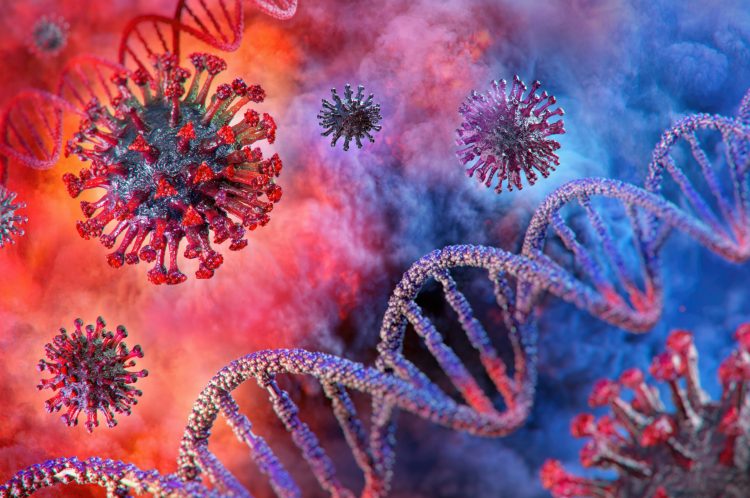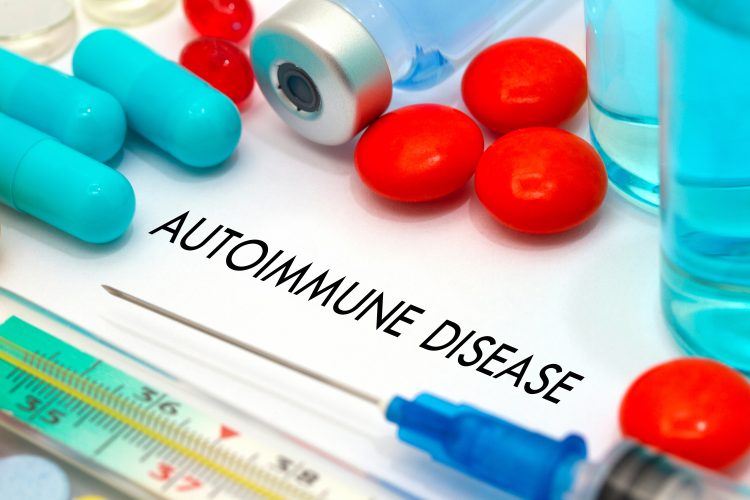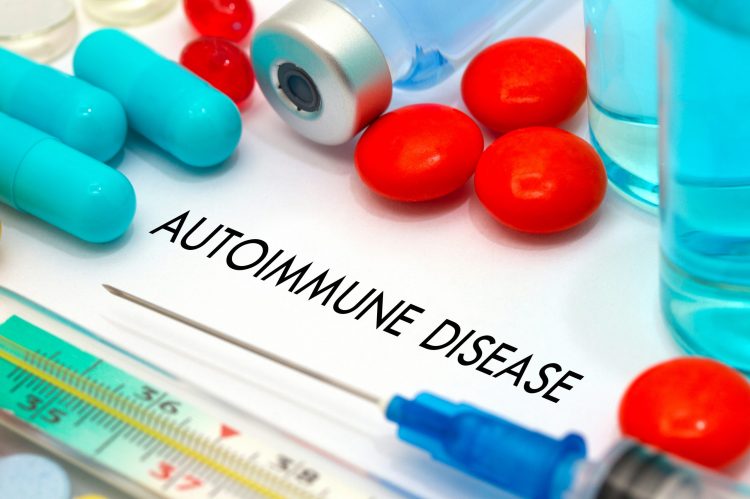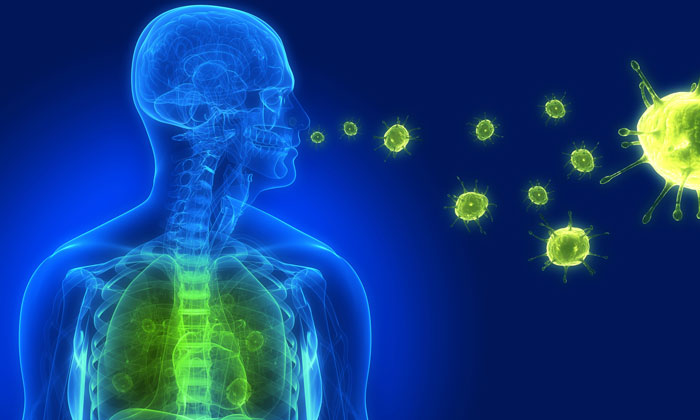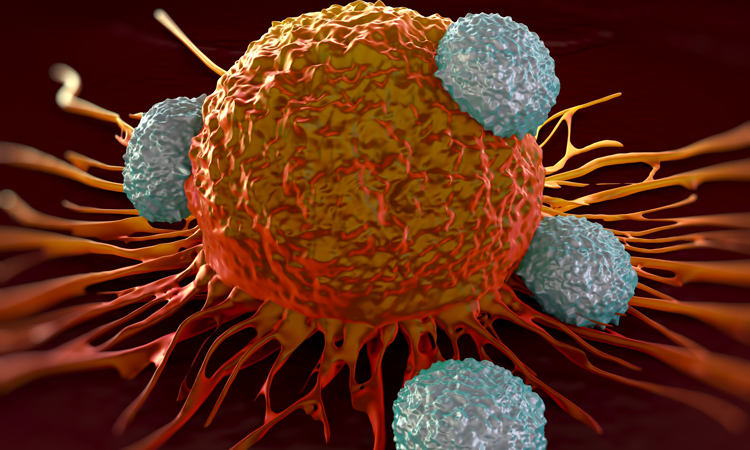List view / Grid view
Biologics
Novel Alzheimer’s vaccine shows promise in murine models
Scientists who developed the E22W42 DC vaccine suggest it could be safer and more effective than previous anti-amyloid Alzheimer’s therapies.
Expert view: Where are you seeing changes in the flow cytometry market?
We have entered a new era of drug discovery where the use of advanced cell models such as multi-cellular co-cultures, stem cells and CRISPR-based screens can lead to the next generation of therapeutics.
Antibody therapeutics for COVID-19
In 2019, the SARS-CoV-2 coronavirus sparked a global pandemic that is likely to continue into 2021. Effective therapeutics that treat the symptoms of the disease and prevent or treat the underlying viral infection are critically required. To meet this need, the global biopharmaceutical industry is evaluating over 50 monoclonal antibody…
Expert view: Increasing the efficiency of biologics development: the secret is precise and reliable stability characterisation of candidate molecules
Biologics are becoming increasingly important for the treatment of a wide variety of diseases, with more biologics receiving regulatory approval from the US Food and Drug Administration (FDA) and European Medicines Agency (EMA) and entering the clinic every year.
Protective antibodies identified for rare polio-like disease in children
Researchers isolated monoclonal antibodies from children who has survived infection by EV-D68, the virus linked to acute flaccid myelitis (AFM). These antibodies protected mice against infection.
Experimental formulation could be future for fast-acting insulin
The novel formulation hit peak activity at nine minutes, less than half the time taken for a commercially available formulation.
Whitepaper: Addressing the challenges in biologics discovery with advanced flow cytometry
Biologics represent a growing class of drugs with indications in oncology, chronic inflammation, and autoimmune diseases.
Application note: A kinase inhibitor phenotypic screen using a multiplex T Cell activation assay
Modulating the TCR signaling pathway using biologics, small molecules or genetic engineering is highly relevant to many therapeutic areas including cancer immunotherapy, adoptive cell therapy, vaccine development and autoimmune disease.
Expert view: High-throughput analytics for smarter cell-line development
Combine titer and glycan screening during clone selection and cell culture optimisation to make more informed choices sooner, significantly reducing the development time for therapeutic antibodies.
Intravenous immunoglobulins, hyperimmunes and pandemic viruses
David Johnson of GigaGen discusses how recombinant forms of intravenous immunoglobulins (IVIG) could overtake current IVIG therapies and be used in the treatment of COVID-19.
Rebalancing the immune system to treat autoimmune disease
Dr Nicolas Poirier reveals how immunotherapies can be designed to recalibrate the immune system for long-term maintenance of autoimmune remission.
Industry collaborate to screen existing drugs to repurpose for cystic fibrosis
In an effort to address some of the more serious untreatable infections encountered by patients with cystic fibrosis, Calibr will collaborate with the Cystic Fibrosis Foundation on a two-year project.
Getting precise: how humanised models aid in biologics drug discovery
Humanised immune system (HIS) models have enabled numerous in vivo evaluations of immuno-modulating biologic drugs and ongoing improvements continue to extend their utility. Paul Volden explores the application of HIS models in precision and personalised medicine with a focus on biologics, including how HIS models are used, why they are…



